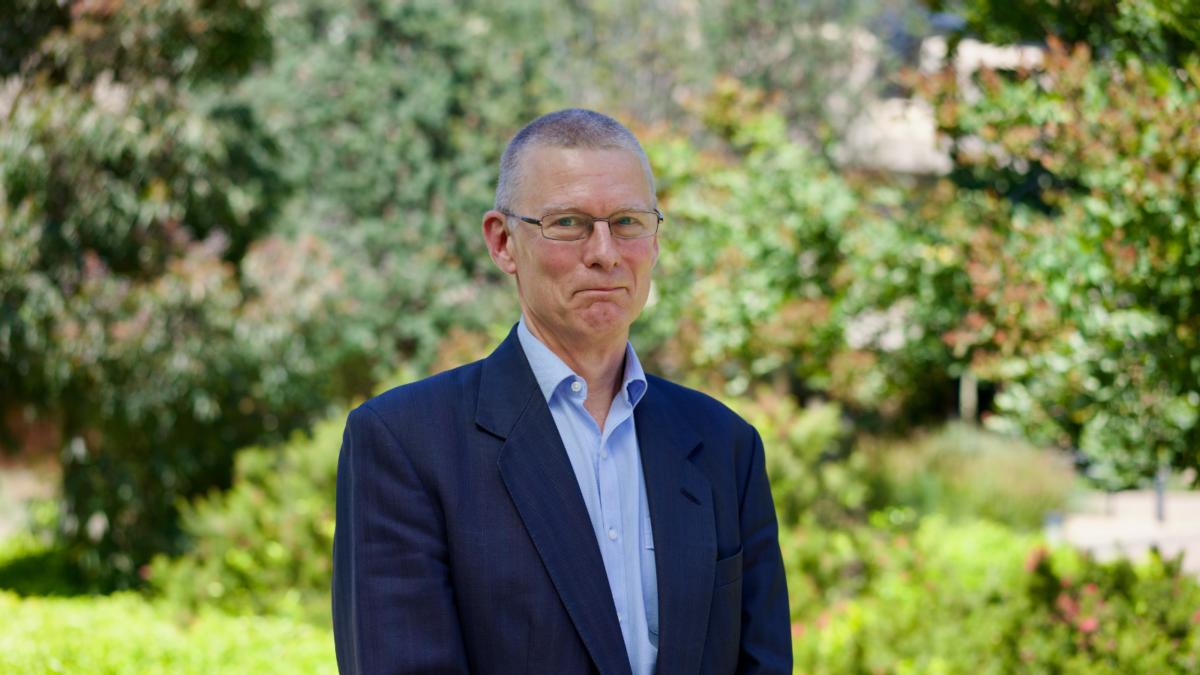Why influence will shift in super funds
Who’s most influential at a super fund? External managers think it’s internal teams, while consultants think the balance of power still rests with the CIO. But ANU associate professor and Conexus Institute research director Geoff Warren thinks it will soon shift as funds move from accumulation to decumulation and take on the work of individual tailoring for retirement. That doesn’t mean it’ll be the chief retirement officer – where one exists – calling the shots either. The “masters of the universe” just won’t be the masters of the fund.
“It will become more diffuse, but the customer-facing side has become more important,” Warren tells ISN. “I suspect it will become an organisation-wide effort where all the parts are important rather than one where returns are all that really matters.”
Warren points to research from WTW’s Nick Callil on retirement operations, which explores two models: one where there’s a dedicated retirement segment, like Australian Retirement Trust, which has a large team, several divisions within it, and a chief retirement officer; and a shared function model, where retirement “spans everything” but individual divisions remain independent and service retirement as needed, which is a model that UniSuper has embraced.
“ART, Aware and UniSuper have all been on (retirement) quite a while and they’re the leaders,” Warren says. “Others are trying to catch up quickly. They’re all different, but the common theme here is trying to bring everything together so you can deliver more tailored solutions to members and focus on engaging with them.”
“Organisations have to change their mindset from being return factories to ones where they’re giving it back to members when they retire while generating income out of it. It’s a broadening of scope of function, and they have to come to grips with both sides; the investment function is still there and it’s very important. It’s just not everything anymore.”
What will be everything is guiding members down the pathway to retirement, and there are three ways that can happen under the two models:
“They can be advised; they could choose for themselves; or the fund could make some sort of assignment or recommendation, and that’s what we call trustee-directed; that’s the one that can be scaled. Advisers can’t handle everything; a lot of people shouldn’t be choosing for themselves or don’t want to be choosing for themselves. The bit that’s missing is the ability for a fund to tell a member what they think is right for them.”
So in a fund that looks very different to the ones that dominate today – where investing for accumulation is no longer as important as it once was – who will be the most influential person?
“If I’m right in saying it’s going to be a lot more cross-functional, it’s going to shift from the CIO and to the CEO as the coordinator,” Warren says. “There needs to be a person at the top looking over all of it; they’ll be much more important in making sure it all hangs together.”











